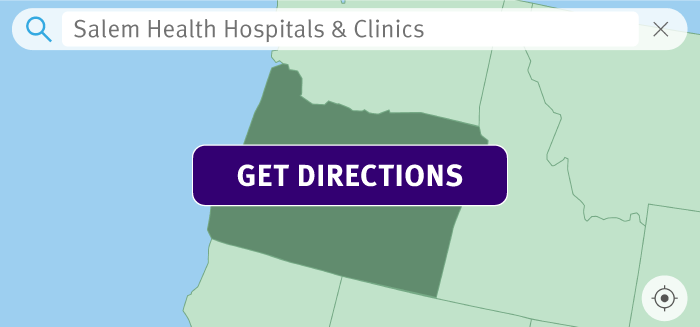When you hit middle age around 45, it’s not uncommon for pounds to sneak up on you. Here's what to do.
By Katherine Spann, MS, RDN, LD, CDE
When you hit middle age around 45, it’s not uncommon for pounds to sneak up on you. One to two pounds a year is typical.
Gone are the days when you could eat whatever you wanted, because your metabolism starts slowing when you hit 40. You begin to lose muscle tone—not good because muscle burns more calories than fat. You may be at the height of your career or raising a family, which creates stress—also not good because that could lead more eating and less exercise. A high-pressure life means the body tends to be under continual stress.
Then one day, you wonder if your dryer is too hot because your jeans are suddenly tight.
Remodel your diet, control portions
A study in the American Journal Of Clinical Nutrition showed middle-aged people who ate the most highly refined foods saw their waistlines expand three times more than those who consumed the same number of daily calories from less processed foods.
Also use a smaller plate, eat slower and avoid second helpings. Eat more protein (supports muscle growth) and good fats (monounsaturated, with essential fatty acids).
Eat protein at every meal
Did you know the body can’t store protein? If you don’t eat enough, the body steals it from muscles. Eating protein at every meal also helps you feel full longer.
Aim for around 60 to 80 grams a day. Half of one chicken breast, for example has 25 grams; a four-ounce can of tuna has 40 grams.
Control blood sugar
Weight gain can hamper the role insulin plays. This hormone regulates the body’s metabolism. Extra weight can cause the body’s insulin to become less effective. This condition, called insulin resistance, can lead to excess blood sugar, which can set you up for type 2 diabetes.
Get active, build muscle
You begin to lose muscle naturally around 40, so focus on both cardio and strength training. If you exercise just 30 minutes a day, you can dramatically lower your risk of heart disease and diabetes by burning belly fat. Lean muscle cells burn your calories and increase your metabolism, so start strength training.
Get started through the Community Health Education Center—We can tailor ideas and resources to your needs.
Get enough quality sleep
Getting less than seven hours of sleep at night can increase your risk of obesity, heart disease and diabetes. Sleep-deprived people make poor food choices, such as craving refined carbs. Climbing into bed early with your iPad doesn’t count, as artificial light from electronic devices stimulates the brain. Avoid these screens at least 30 minutes before bedtime.
Manage stress
Rising cortisol (the stress hormone) contributes to increased belly fat. Adrenaline and cortisol are released by the brain to provide energy to allow us to react quickly to danger. If this “energy” (glucose) isn’t used, it settles around the tummy. Sadly, the brain doesn’t distinguish between physical danger and money worries. Control as much of your daily stress as possible.
Audit your alcohol
Here’s a scary thought: Regularly drinking a bottle of wine during an evening could add an extra four inches of fat per year to your waist. Alcohol is pure sugar and stops the burning of all other fat until the booze has been processed. If you enjoy drinks regularly, just remember that.
Katherine Spann, MS, RDN, LD, CDE, is certified in adult weight management through Salem Health’s Community Health Education Center.


Leave a commentOrder by
Newest on top Oldest on top